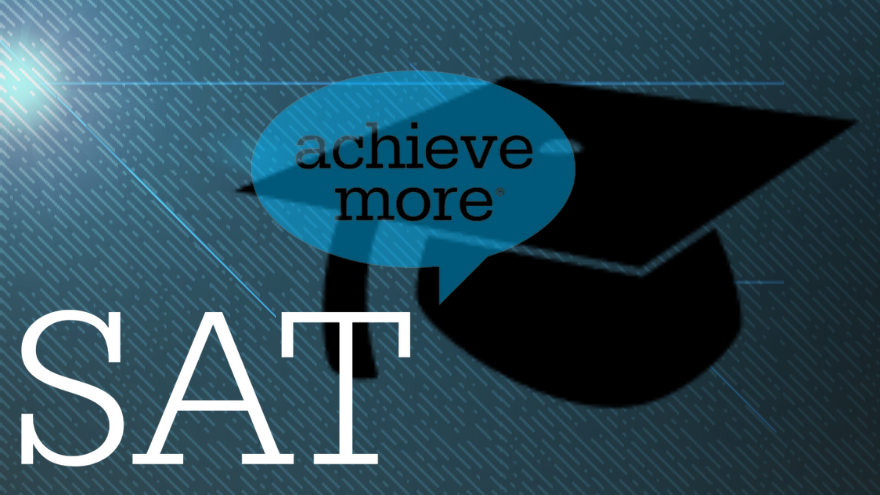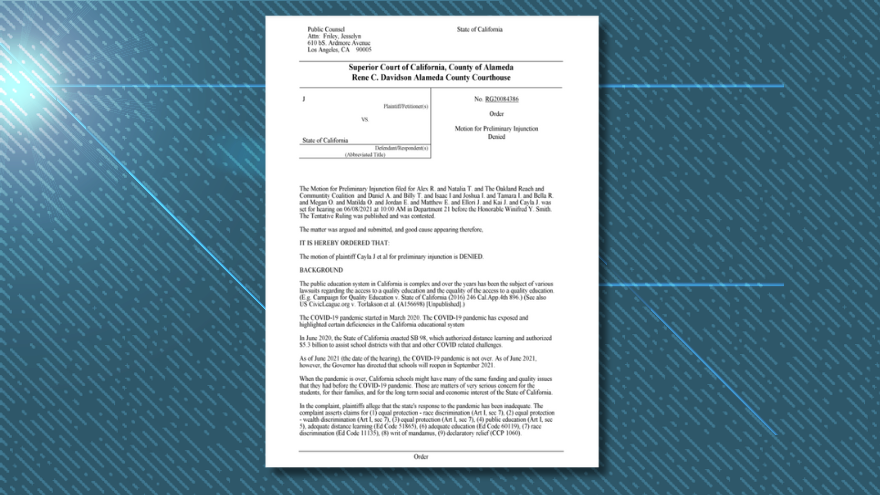Dartmouth University will once again mandate standardized testing for students hoping to join its class of 2029.
The school is now the first Ivy League university to reverse a previous decision to drop the admissions requirement for applicants.
The COVID-19 pandemic prompted over a thousand universities to join a growing list of schools that had made the SAT and ACT optional.
“I’ve become less convinced that [test] optional is working for us at Dartmouth,” said Lee Coffin, vice president and dean of admissions and financial aid, per The Wall Street Journal. “We’re reanimating the policy based on evidence.”
After not requiring the test scores for the Classes of 2025, 2026 and 2027, Dartmouth recommended Class of 2028 applicants submit their standardized test scores and will reinstate its requirement. The university claims research conducted by economics professors Elizabeth Cascio, Bruce Sacerdote, Douglas Staiger and sociology professor Michele Tine indicated that standardized test scores can predict a student’s ability to succeed at Dartmouth.
“We’re getting more and more applications from all around the world, and so in order to find high achieving students, test scores turn out to be a really helpful tool,” said Sacerdote, per The Dartmouth. “Our analysis shows that we potentially miss out on some great applicants when we don’t have [test scores].”
Other competitive universities have returned to standardized test scores during the admissions process. The Massachusetts Institute of Technology’s Committee on Undergraduate Admissions and Financial Aid decided in 2022 to maintain its standardized test score requirement after evaluating two decades of admission data.
According to Intelligencer:In the fall of 2020, the last year tests were required, the middle 50 percent of MIT first-years scored between 780 and 800 (out of a possible 800) on the math section. That means the top 25 percent of the class scored a perfect 800 and the bottom 25 percent scored a 780 or below with none scoring below 700. (To put these numbers in perspective: If a student missed two math questions out of the 58 on most versions of the SAT, they’d score a 770, putting them below 75 percent of the first-year class at MIT.) But in the early aughts, MIT admitted students with a wider range of scores: About a tenth of first-years scored between a 600 and 699 on the SAT math section. … Graduation rates at the time hovered just above 90 percent, high for most colleges but not good enough for MIT.
Critics of the SAT and the ACT say the tests do not accurately measure a student’s ability to succeed at university and hurt certain demographics and socioeconomic groups.
“Inequalities in the SAT score distribution reflect and reinforce racial inequalities across generations,” reported the Brookings Institute in 2017. “Even to the extent that SAT scores do predict college success, it is far from clear that universities are justified in basing admissions so strongly on the exam. After all, a wide range of other morally relevant considerations—questions of distributive justice, for example—may well need to be weighed alongside considerations of academic preparation.”
“Significant racial and class inequalities much earlier in life explain persistent obstacles to upward mobility and opportunity,” the researchers added. “The extensive racial gaps in academic achievement and college preparation across high school seniors are symptomatic of those deeper drivers of inequality.”

